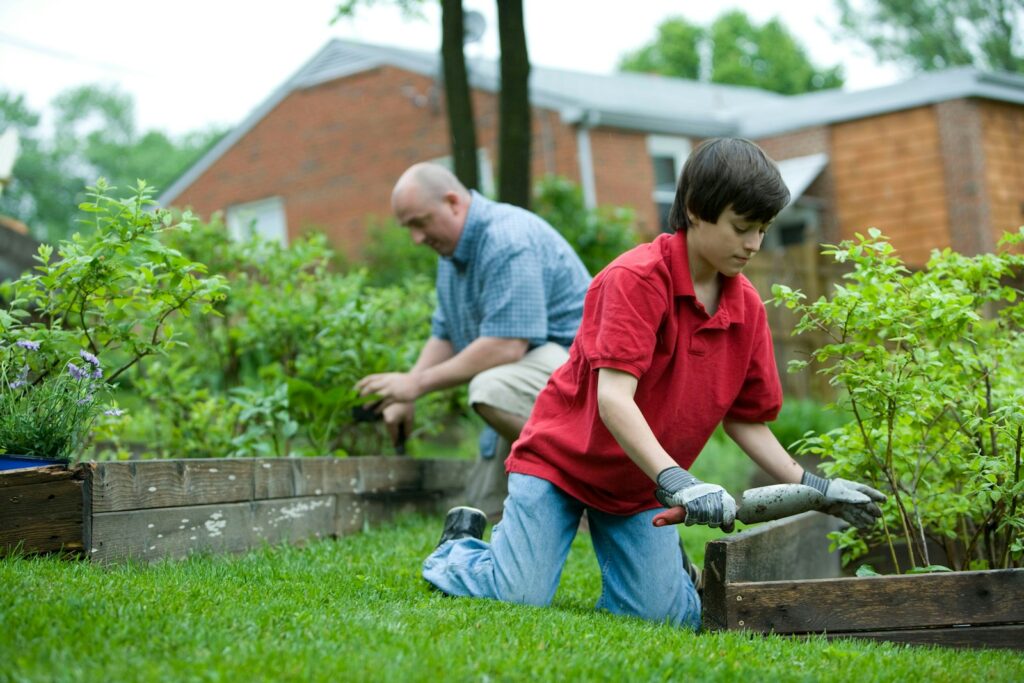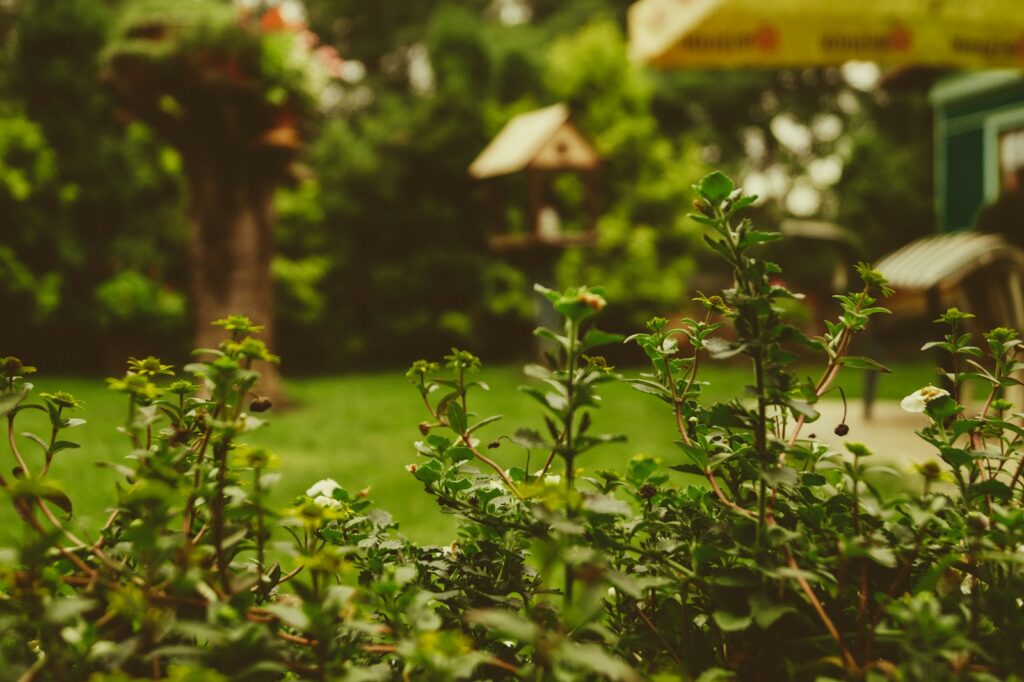
There’s something truly magical about the arrival of spring, a season that whispers promises of new beginnings and vibrant growth. As the days lengthen and the earth awakens, many of us feel an innate pull to connect with nature, to nurture something beautiful, and perhaps, to cultivate a more fulfilling way of living. And what better way to answer that call than by embarking on the delightful journey of home gardening? It’s far from a new concept, of course; ancient peoples relied on growing their own food for reliable, nutritious provisions. While today we enjoy easy and inexpensive access to food at grocery stores, the simple act of digging in the dirt has seen a wonderful resurgence in popularity, particularly as we’ve rediscovered the profound benefits it offers for our bodies, minds, and spirits.
Indeed, the recent past has underscored just how vital our gardens can be. A study highlighted a significant increase in gardening interest during the COVID-19 pandemic, as people spending more time at home turned to their gardens for a much-needed connection to nature, a balm for stress relief, and a reliable source of fresh food. Having personally tended large vegetable and flower gardens for a decade, I can attest to the challenging yet immensely gratifying experience of watching these living spaces grow and develop. It’s an endeavor that consistently yields far more than just beautiful blooms or delicious produce; it cultivates a richness in life that’s truly unparalleled.
Let’s dive into the myriad benefits that await when you decide to get your hands dirty this spring. The positive impacts of home gardening span across various facets of your life, from boosting your physical vitality to enriching your mental well-being and strengthening your social ties. It’s an investment that pays dividends in countless wonderful ways, proving that nurturing a garden is truly nurturing yourself and your loved ones.

1. **A Natural Boost to Your Physical Health: Exercise Without the Gym Fee**: One of the most immediate and tangible benefits you’ll discover from home gardening is the fantastic workout it provides. Forget the monotonous treadmill or crowded gym; a busy day in the garden is a remarkably effective form of exercise. As you tend to your plants, you’re performing functional movements that genuinely mimic whole-body exercises. Think about it: weeding involves natural squats and lunges, engaging your core and legs. Carrying bags of mulch, soil, or other supplies works large muscle groups, building strength and endurance. Even activities like digging, raking, or using a push mower can be surprisingly physically intense, offering a robust cardiovascular workout.
In fact, you might find yourself burning as many calories as you would during a dedicated gym session. It’s perfectly normal to feel a bit sore after a particularly active day, especially if you’re new to these types of movements, but that soreness is a testament to the real work your body is doing. Beyond calorie expenditure, gardening is a superb way to improve your balance, enhance your overall strength, and increase your flexibility. It’s considered a form of weight-bearing exercise, which is particularly crucial for bone health, stimulating both bone and muscle strength, a key factor in preventing conditions like osteoporosis, especially as we age. When you’re gardening, you get that stimulation through weight-bearing exercise like walking and using your gardening tools. You’re using those muscles in a certain way that stimulates both bone and muscle strength, making it the best kind of exercise for bone health.
What’s more, gardening is wonderfully adaptable for nearly everyone, regardless of physical challenges. If movement is a concern, there are many ways to participate by simply thinking outside the box. For instance, if you experience back pain, consider using a small stool or investing in raised garden beds, which reduce the need for hunching over. A shovel or rake can double as a support for your knees when squatting. Opt for smaller, lighter pots over large, heavy ones, and purchase smaller bags of mulch or soil to make carrying easier. These simple modifications ensure that gardening remains accessible and beneficial for people of all ages and physical capabilities, allowing everyone to reap its physical rewards.
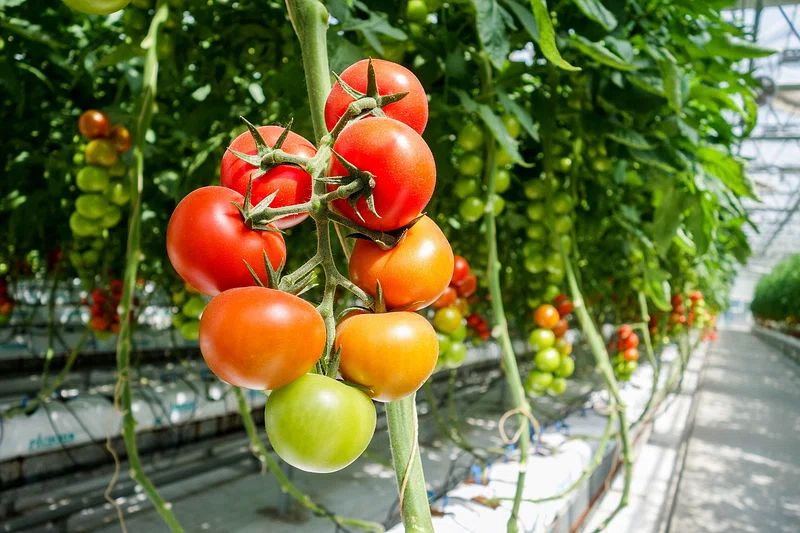
2. **Cultivating a Healthier Plate: The Delicious Path to Improved Nutrition**: Beyond the sweat and exertion, one of the most exciting rewards of a home garden is the direct impact it has on your diet. Growing and eating your own fruits and vegetables can profoundly enhance your family’s nutrition. Gardeners are consistently more likely to incorporate vegetables into healthy, well-balanced diets, moving closer to meeting recommended daily intake guidelines. There’s an unparalleled freshness to produce you pick yourself, literally steps from your door, a quality that grocery store items, no matter how carefully handled, simply cannot match. This “farm-to-table” experience ensures your food is at its peak ripeness, when nutrient levels are highest, providing greater health benefits.
Just imagine enjoying corn, potatoes, and salsa made from ingredients harvested right from your backyard, as my family does, year-round! Different vegetables offer a remarkable variety of unique health benefits. Peppers, for example, contain capsaicin, known for its anti-inflammatory properties and potential to reduce heart disease risk. Tomatoes are packed with vitamin C and potassium, along with lycopene, a powerful antioxidant that may help reduce the risk of prostate cancer. Sweet potatoes are a treasure trove of beta carotene, an antioxidant that could help slow the aging process and reduce the risk of certain cancers. And who can forget the mighty spinach, which may boost your immune system, or broccoli, which protects your body’s cells from damage? With a home garden, you have direct access to these nutritional powerhouses, ensuring your family eats healthier and more nutritiously, often saving money on grocery trips and reducing carbon emissions from transportation.
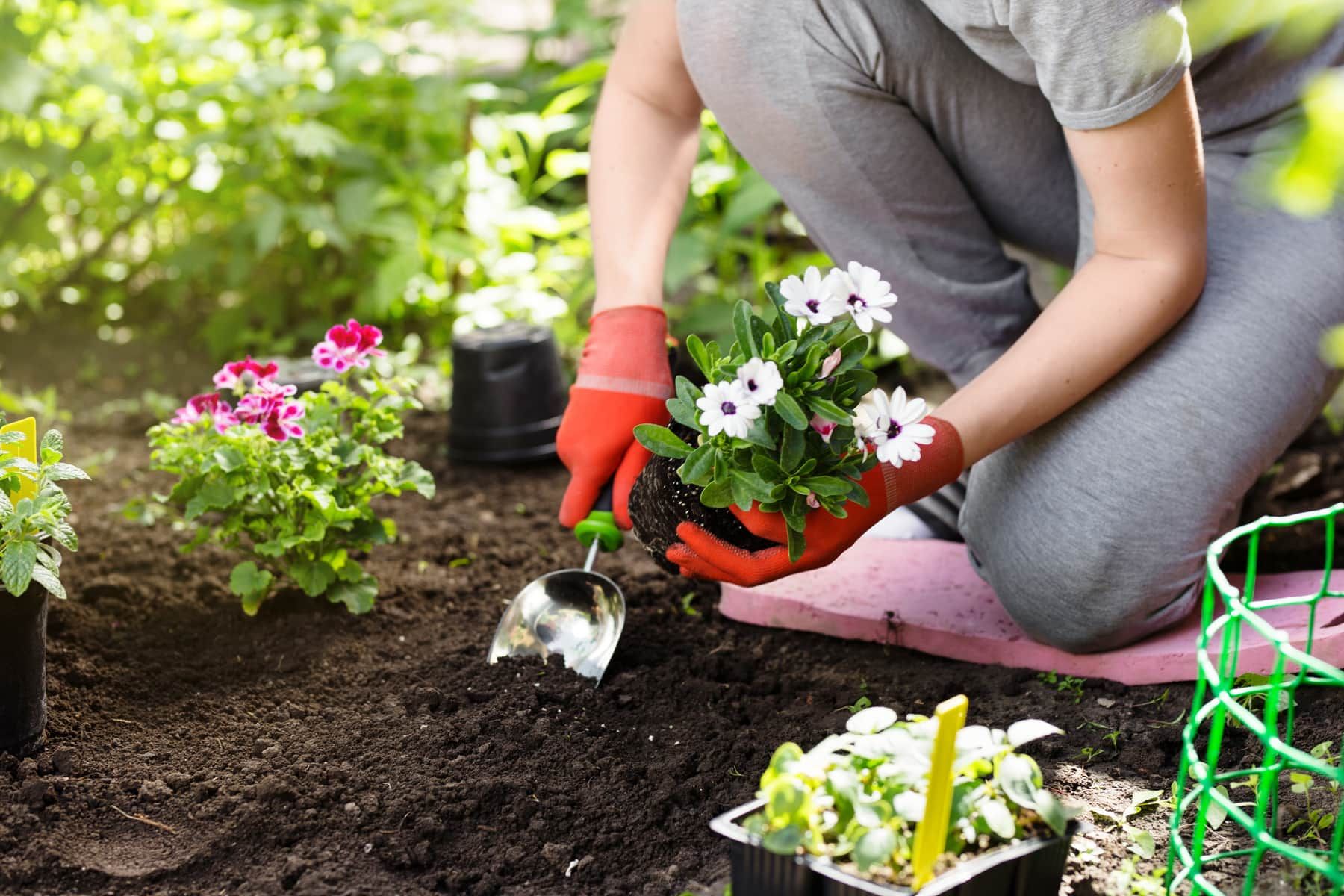
3. **Connecting with Nature and Calming the Mind: Your Garden as a Sanctuary**: Stepping outdoors and immersing yourself in your garden is a profound act of self-care. Getting outdoors is unequivocally good for both your physical and mental health. There’s something about being in nature that encourages deeper breathing, which in turn helps clear out the lungs, improves digestion, enhances immune response, and boosts oxygen levels in the blood. Studies have consistently shown that spending time outdoors can significantly reduce heart rate and muscle tension. The sun’s gentle warmth not only feels good but also lowers blood pressure and, crucially, increases your body’s vitamin D levels.
This brings us to a critical, often understated, benefit: reduced stress levels. Nearly all forms of exercise, including the rewarding efforts of gardening, are excellent stress reducers. It’s been widely shown to lighten mood and effectively lower levels of stress and anxiety. The entire cycle of planting, tending, harvesting, and then sharing your own food is incredibly gratifying, offering a deep sense of accomplishment and purpose. Beyond the physical exertion, the routines inherent in gardening – like watering your seedlings each morning or methodically pulling weeds – can create a soothing rhythm that genuinely helps ease the day’s stresses. As one gardener shared, after a long day in the clinic, their routine involves checking in with family, then spending an hour or so in the garden. They find that pulling weeds can be therapeutic and calming after a long day. It provides the opportunity to slow down, plan or mentally work out a problem. This mindful engagement fosters a sense of satisfaction and presence, allowing you to smell the fresh garden and witness the progress of your plants, boosting your mood and self-esteem as you watch your garden blossom. Studies have shown that several people with depression symptoms improved their state after participating in a 12-week long gardening intervention. Exercise, which gardening certainly is, can improve brain activity, and research has also shown that gardening protects your memory and triggers brain growth factors.
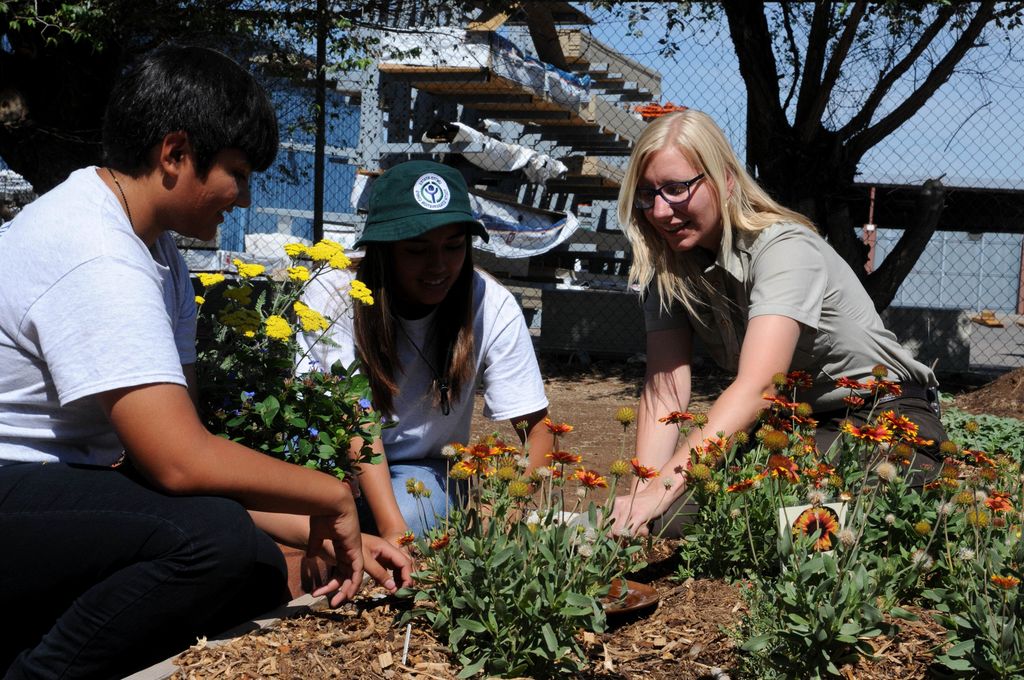
4. **Nurturing Connections: Growing Friendships Along with Your Greens**: Gardening is not just a solitary pursuit; it’s a powerful catalyst for social connection. The gardening community is rich with individuals who are wonderfully willing to share their expertise, offer their time, and even occasionally share plants with new gardeners. Whether it’s connecting with local master gardeners, who are dedicated volunteers educating and empowering fellow enthusiasts, or joining a community garden plot that brings together people from diverse backgrounds working towards a common goal, gardening creates bonds. Many lasting friendships bloom over celebrating a successful harvest or commiserating over a gardening misstep. The shared joys and challenges of cultivating life bring people closer together in truly meaningful ways.
These social connections are profoundly important for our overall well-being. They play a vital role in helping lower stress, improving resilience in the face of adversity, and providing essential support during difficult times in life. A strong sense of belonging, fostered through shared activities like gardening, can significantly lower your risk of depression, anxiety, and even suicide. For many, these friendships are among the biggest benefits of gardening. As one passionate gardener explains, during the spring, friends and neighbors plan vegetable gardens together, discussing what worked well or needs improvement from the previous year. In summer, they generously share extra produce with each other. And in the fall, they host a big salsa-making party to enjoy the harvest together. These activities not only amplify the joy derived from the garden but also profoundly strengthen personal connections, creating a vibrant, supportive community.
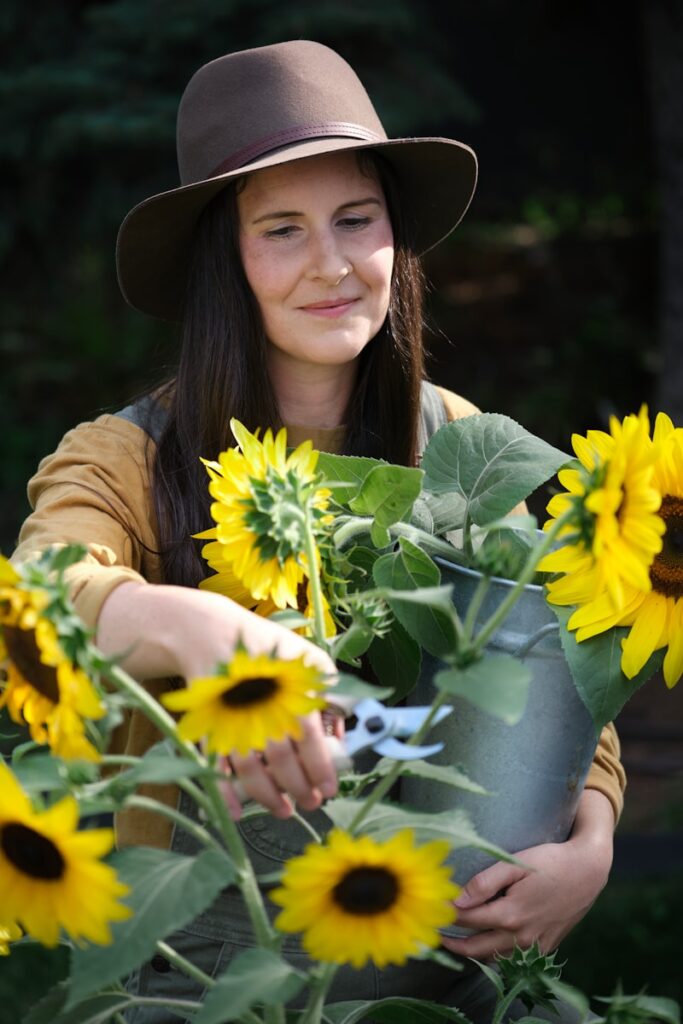
5. **Developing New Skills and Fostering Responsibility: A Garden Classroom**: Beyond the physical and social benefits, a home garden offers a fantastic opportunity for personal growth and skill development. While planting, growing, and harvesting might sound straightforward, they truly require a set of unique skills. Different kinds of plants have specific planting requirements and distinct ways of maintenance as they grow. Home gardening invites you into a continuous learning process, offering the chance to acquire new knowledge in caring for a variety of plants. You’ll learn about seed propagation, the most common way to produce plants, where plant parts are cut and regenerated into whole new plants. You might also explore division, done by digging and dividing plants to be moved to a new site, or layering, where a bent branch is covered with soil to grow roots before being cut to form a new plant. As you get better at these various gardening skills, you can naturally expect a more bountiful and satisfying harvest.
Moreover, a garden is a living classroom, particularly beneficial for families with children. Having a garden is akin to having pets, instilling a sense of responsibility. Cultivating plants requires consistent effort and time, from regular watering to pulling weeds that can overtake valuable nutrients. Assigning these tasks to kids, like watering or putting seeds in prepared holes, helps them develop an essential character trait: responsibility. They learn to stand up for their actions and become more reliable members of society. This green parenting approach saves kids from being glued to gadgets, promoting physical activity and providing essential vitamin D, boosting their immune systems and developing stronger muscles.
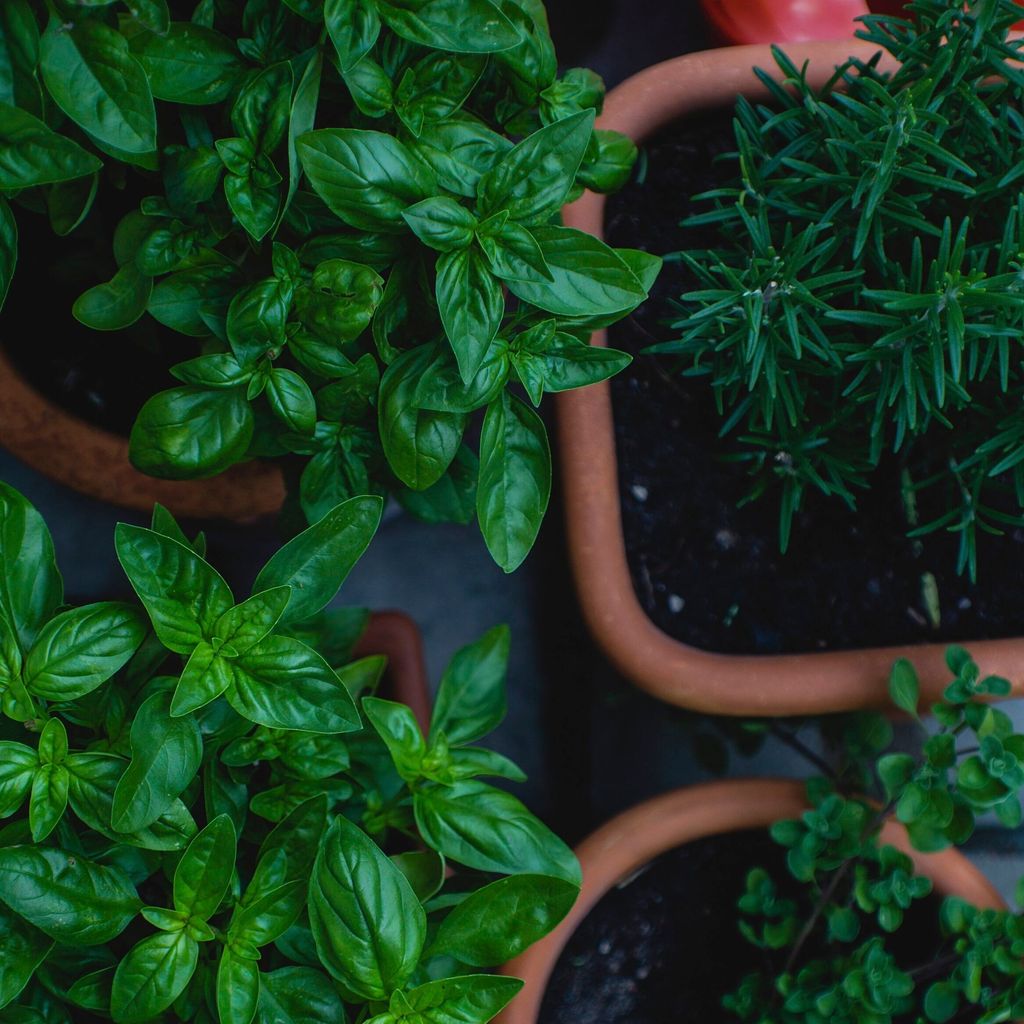
6. **A Natural Pharmacy and Vitamin D Powerhouse: Your Garden as Medicine**: Imagine your garden not just as a source of food, but as a source of natural remedies! Home gardening can provide access to medicinal herbs for simple ailments, many of which are easy to grow and possess naturally therapeutic scents. These herbs can also act as natural protectors for your garden, helping to repel pests and weeds. Consider growing oregano, which can aid common colds and coughs, or help with constipation and diarrhea. Lemon balm is excellent for relieving stress, anxiety, insomnia, and boosting cognitive function. Peppermint improves digestion, offers antibacterial properties for fresh breath, and can relieve headaches. Lavender is known for reducing blood pressure and heart rate, and can even promote hair growth. Ginseng, a powerful herb, can improve brain function, boost the immune system, and lower blood sugar. With these medicinal herbs readily available, you can easily prepare herbal teas and simple first aid remedies for minor ailments, embracing a more natural approach to wellness.
And let’s not forget the incredible gift of free vitamin D! Gardens need sunlight, and as you spend time tending your plants, you naturally soak up this essential vitamin from the sun. Vitamin D is crucial for boosting your immune system, offering a protective barrier against various diseases. It also plays a vital role in maintaining strong bones and teeth by regulating calcium levels. Beyond these general benefits, vitamin D helps regulate insulin levels to prevent diabetes, provides a solid protective barrier against the flu, can influence genes that generate cancer, and is vital for better lung function and stronger cardiovascular health. It’s even beneficial for babies and pregnant women. While supplements are available, getting vitamin D directly from safe, regular sun exposure through gardening is a natural and enjoyable way to ensure your body gets what it needs, without relying on too many tablets that can burden your liver. Remember, sunlight exposure a few times a week is important, but always apply sunscreen as needed to protect your skin.
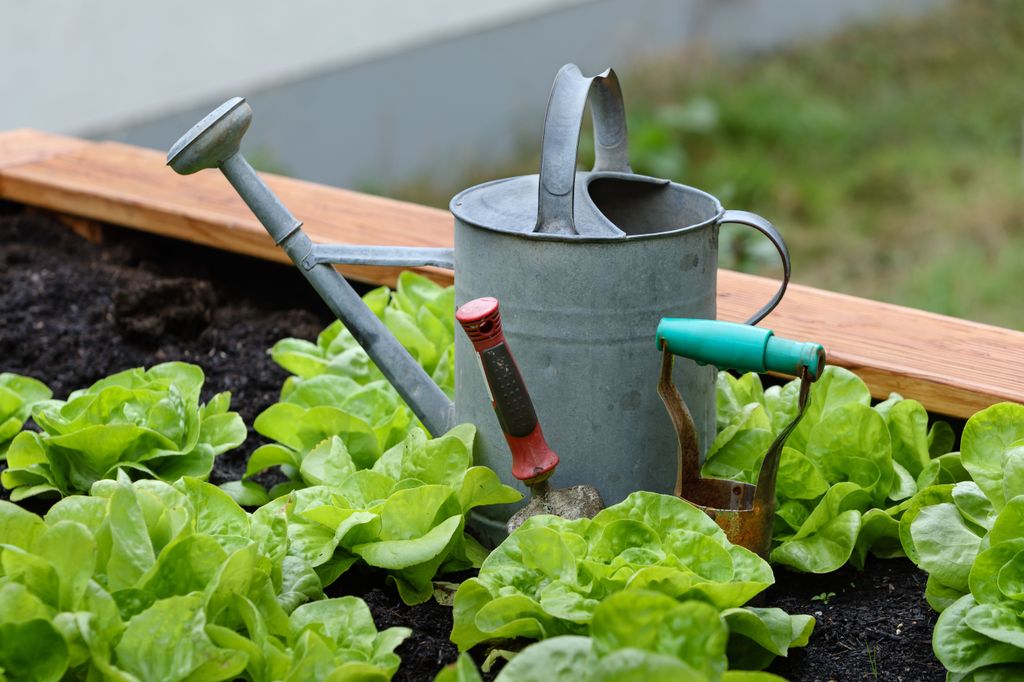
7. **Contributing to a Greener Planet: Gardening for a Sustainable Future**: Finally, home gardening offers profound positive environmental impacts that extend far beyond your property line. Plants are natural heroes, absorbing greenhouse gases as a vital component of their growth, helping to maintain the delicate balance of gases in our atmosphere. If a single plant can do this, imagine the cumulative impact if more homes embraced gardening! Even a small garden contributes significantly to local biodiversity, attracting different life forms that enhance soil quality and fertility. To maximize these benefits, it’s essential to avoid toxic chemicals or artificial fertilizers, which can drive away beneficial inhabitants and cause pollution, potentially contaminating groundwater. Keeping your garden as natural as possible is key to maintaining its positive effect on the environment.
Moreover, home gardening helps in waste reduction. You can compost organic waste from your kitchen, transforming it into rich, natural fertilizer for your plants. This not only minimizes your household trash but also provides a superior, organic nutrient source for your garden, moving you a step closer to a zero-waste lifestyle. The simple act of growing your own food also lessens the need for frequent grocery trips, which in turn reduces car emissions. It’s a wonderful ripple effect: healthier eating, less waste, and a smaller carbon footprint, all starting in your own backyard. Imagine a neighborhood filled with gardens—even mini or hanging gardens in apartments—slowly transforming concrete jungles back into greener, more sustainable spaces. This might not recover all we’ve lost, but if a whole community participates, we can truly build a more sustainable and greener future. Starting with a single plant, and working your way up to a mini garden, you could inspire a conscious community to promote ways to benefit our environment. And that ‘someone’ could be you!
Having explored the rich tapestry of benefits that a home garden generously unfurls—from invigorating physical health and a nutritious diet to profound mental calm, strengthened social bonds, and a tangible contribution to a greener planet—you might now feel a powerful urge to dig your hands into the earth. Spring, with its gentle warmth and burgeoning life, truly is the quintessential season to embark on this rewarding journey. But where to begin? The path to a thriving spring garden is an enjoyable one, paved with a few practical steps and insights that will set you up for success, ensuring your efforts yield a bountiful harvest of joy and greenery.
Embarking on a home gardening journey this spring is an invitation to cultivate not just plants, but a richer, healthier, and more connected life. By starting small, choosing your location and crops wisely, preparing your body, and leaning into the supportive community around you, you’re sowing the seeds of success for a thriving garden and a more fulfilling lifestyle. Imagine the satisfaction of harvesting your first homegrown tomato, the peace found in weeding under the spring sun, and the joy of sharing your bounty with loved ones. It’s all within reach, and it begins with that very first step into your own green space.

